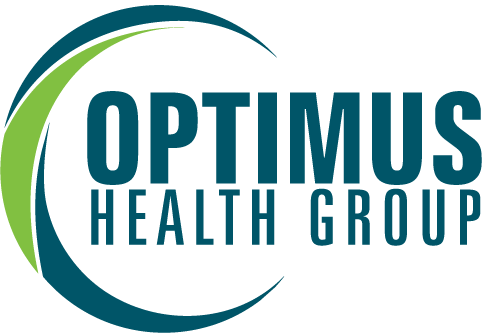HOW ARE PEDIATRIC CONCUSSIONS TREATED?
If you’ve ever had a concussion, you were probably told to rest and wait it out. In the past, clinicians used the “dark room” approach, telling patients to rest until they felt better.
The problem with that treatment is: most patients didn’t feel better.
Strict rest is not effective in treating concussions.
Instead, an active rehabilitation model that targets specific, unique problem areas has been much more effective.
Physio’s in combination with GPs combine symptoms, neurocognitive testing data, and vestibular/ocular testing to determine a patient’s clinical pathway and treatment plan.
It’s easier now for clinicians to create targeted, individual treatments for each unique injury. We know concussions require more than a “one-size-fits-all” approach.
When properly cared for, concussions are like any other sports injury: appropriate rehabilitation gets kids back to activity safely.
WHEN CAN MY CHILD RETURN TO SCHOOL AFTER A CONCUSSION?
After a concussion, your child should return to school relatively quickly. Getting a child back to their routine after a concussion is an important step in recovery.
Often, a healthcare provider will recommend academic adjustments so your child can return to school sooner. They understand that missing school can be very difficult on a student.
Academic adjustments help a student successfully learn while recovering from a concussion.
WHEN CAN MY CHILD RETURN TO PLAY AFTER A CONCUSSION?
Your child can return to play when their symptoms and all assessments have returned to baseline levels. A trained concussion specialist should always make the return to activity decision.
They will use ImPACT, vestibular ocular screening, and a comprehensive clinical interview to determine if your child is ready to return to activity.
Keep in mind that returning to school should come before returning to sports.
A trained healthcare specialist will put your child through a return to play protocol, a rehabilitation approach that ensures your child is ready for full activity.
The protocol includes sports-specific activities for children that sustained a sports concussion.
WHAT IS A BASELINE CONCUSSION TEST?
Baseline testing is a way of tracking brain functioning at a healthy state. A baseline neurocognitive test measures how the brain functions when it’s not injured.
A baseline test measures reaction time, memory, and processing speed. It gives healthcare providers an accurate picture of your child’s normal brain function.
They can use that baseline test data to compare with post-injury data to determine the extent of an injury.
They can also use this data to help decide when your child is back to normal cognitive functioning.
Anyone can take a baseline test to ensure they are prepared in case of a concussion. Visit BaselineTesting.com to get started.
If your child has a concussion, it’s important to see a trained healthcare specialist to ensure proper care after the injury.




